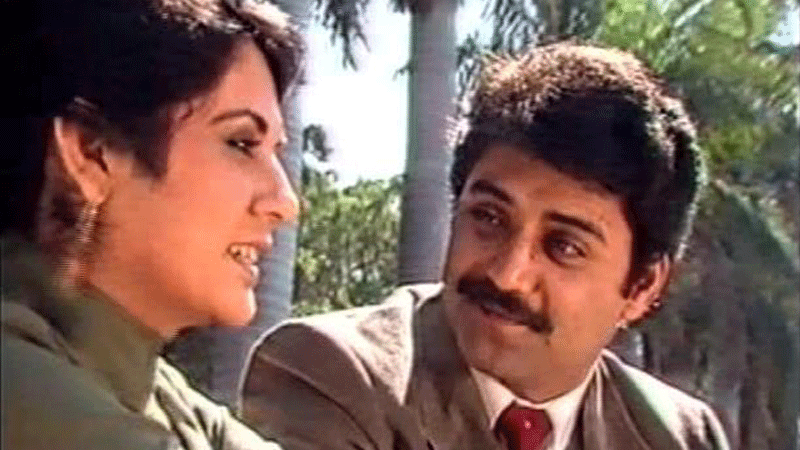Yasir Hussain’s Candid Critique: A Wake-Up Call for Pakistani TV
"It's the production that's faltering with each passing day. We're failing to allocate the necessary funds for our dramas," says Yasir Hussain.
Yasir Hussain, known for his outspoken nature, recently made waves with his candid remarks on the state of Pakistani television during an appearance on the show ‘Say It All With Iffat Omar’. The actor didn’t hold back as he expressed his disappointment with the current content creators and actors in the industry.
The host about the actor’s perspective on the apparent decline in content quality and acting standards compared to the cherished memories from his childhood. Yasir lamented the lack of quality acting in Pakistani television plays, citing legendary dramas like ‘Ankahi’ and ‘Sona Chandni’ and iconic actors such as Shehnaz Sheikh, Javaid Sheikh, Saleem Nasir, and Qavi Khan as benchmarks of excellence.
He emphasised how these classics have set a high standard that the industry has struggled to replicate in recent years. Yasir highlighted the disparity between Pakistani and Indian entertainment industries, pointing out the rise of acclaimed actors like Irrfan Khan and Manoj Bajpai in India, followed by the emergence of superstars like Shah Rukh Khan and Salman Khan.
We have not been able to produce Qavi Khan after him, You saw Irfan Khan, KK Melon, Manoj Vajpai, Pankaj Tripathi and others in India, they produced SRK, Salman Khan and now they have Ranveer Singh and others, they somehow create something for themselves.
He underscored the lack of similar growth and innovation within the Pakistani industry, expressing a desire for local talent to carve out their own path and create iconic figures akin to their Indian counterparts.
When Iffat Omar probed him about the underlying reasons, he pointed to production as the primary culprit, asserting, “It’s the production that’s faltering with each passing day. We’re failing to allocate the necessary funds for our dramas, whether it’s for actor remuneration, set creation, or art direction. Instead of investing, we’re scrimping. There’s a glaring absence of production design or a cohesive colour palette.”
He expresses disagreement with the host’s assertion regarding the global popularity of Pakistani dramas, saying that we tend to watch their shows but they don’t, clarifying, “Our dramas are predominantly watched by Pakistanis.”
Addressing that he works less, Yasir revealed, “I receive fewer offers and in that too I accept really few of them,” attributing this to his selective approach towards scripts.
He added, “I don’t like working or watching television. I only accept offers from directors I know. I prefer doing theatre or film mediums. I do host some shows but that depends too. I make content for my YouTube channel because it’s a nice platform. I am working for festivals and focusing on direction.”

Yasir’s candid critique of the Pakistani television industry serves as a poignant reminder of the importance of prioritising quality over quantity. His observations highlight the need for a paradigm shift within both the acting community and production houses. While it’s essential for actors to understand the significance of selecting roles that align with their artistic integrity, it’s equally crucial for production houses to heed Yasir’s insights seriously.
In an era where audiences crave innovation and diversity, stagnant storytelling and repetitive themes no longer suffice. It’s important for production houses to step up their game by investing in better sets, designs, and narratives that resonate with both local and international audiences.




